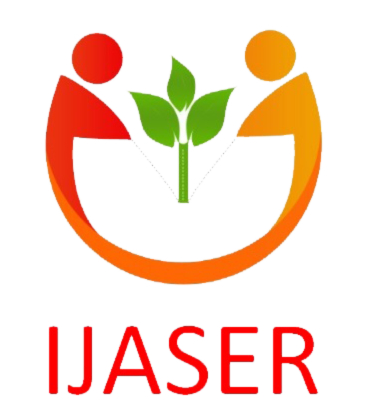Abstract:
This research was designed to assess the level of awareness and knowledge of local residents concerning Solid Waste Management [SWM] in Duhok, Iraq.
Primary data were collected from local residents through interviews and questionnaires. A total of 60 questionnaires were completed by the respondents that were randomly selected.
In order to determine whether the trash could be recycled, the study goal was to define the household solid wastes produced by the neighborhood and to use this solid waste to produce energy i.e. waste to energy technology.
The outcomes of research done in a neighborhood of the Iraqi city of Duhok are presented in this study. In order to determine whether the trash could be recycled, the study’s goal was to define the household solid wastes produced by the neighborhood. The outcomes are used to assess the recycling potential in other towns that are comparable to the one under study. These neighborhoods are situated in the city’s most active and recently growing area.
The goal of the current study was to estimate the volume and quality of municipal solid trash generated in Duhok City in 2022. The samples were gathered from various city neighborhoods and residences. The income levels of the participants in the generation of municipal solid waste were considered. The generation of solid trash in Duhok City still Food (51 %) of the solid waste produced, followed by (24 %) of plastics. |
